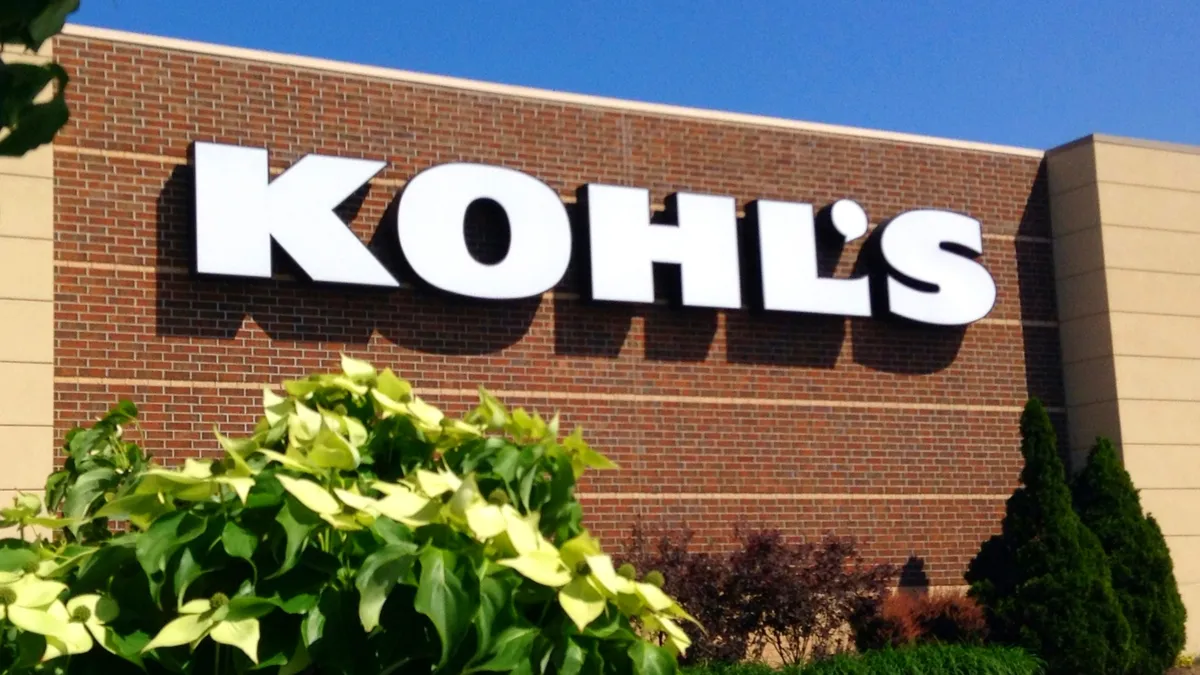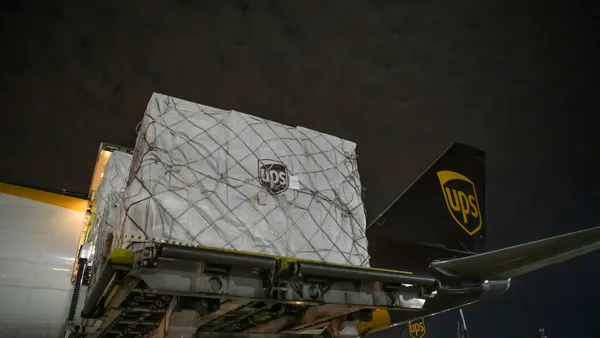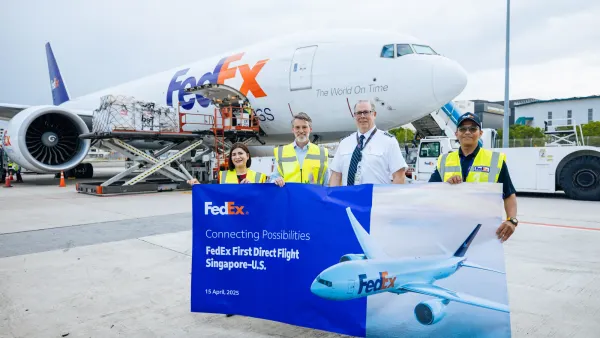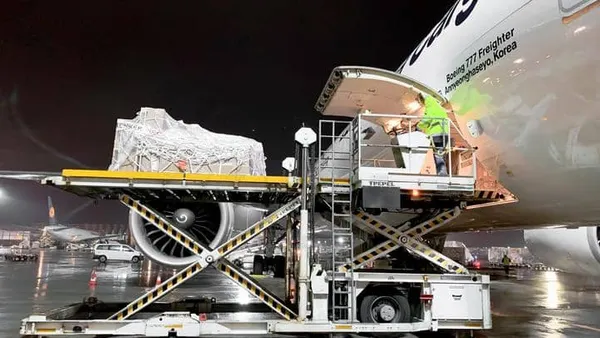Dive Brief:
- Maersk has entered a partnership with manufacturer Covaxx for the distribution of its COVID-19 vaccine — which is currently in phase 1 clinical trials — once it is approved by regulatory authorities, according to an announcement Monday from the logistics company.
- The agreement between the two companies lays out a plan for the end-to-end supply chain management of the vaccine, from packing to shipping to warehousing. The announcement said the agreement is for distribution in "emerging and developing nations" but doesn't specify which countries.
- Transportation will occur through air, ocean and ground networks, which Maersk described as a "pharmaceutical grade, temperature-controlled supply chain."
Dive Insight:
As the world waits for clinical labs to churn out a viable COVID-19 vaccine, many wonder how the successful candidates would be widely distributed.
A variety of factors make this a difficult undertaking — ranging from the vaccine's temperature requirements to the tight capacity in the freight market.
The vaccines have to stay in a particular temperature range to maintain their functionality, which is why vaccines with less stringent cold-chain requirements are seen as having an edge. One federal immunization panel found cold-chain requirements could limit the use of Pfizer and BioNTech's coronavirus vaccine candidate. The same panel said Moderna's vaccine was less limited by its cold-chain requirements.
Many of the world's largest supply chain companies have already announced plans to get involved in vaccine logistics.
UPS told Supply Chain Dive in June that it was working with all the major vaccine candidates on distribution plans.
"Detailed planning is underway at FedEx to distribute vaccines at scale worldwide once approved," FedEx CEO Fred Smith said on the company's most recent earnings call. FedEx executives specifically highlighted their "90 cold chain facilities across the Americas, Asia, Australia and Europe."
But this cold-chain infrastructure is not as readily available in other parts of the world. This is an issue that will affect poorer nations disproportionately with nearly 3 billion people worldwide living where temperature-controlled storage is not readily accessible for a successful vaccine distribution campaign, according to The Associated Press, which noted many clinics will rely on solar refrigerators.
"The COVAXX vaccine is unique in that it can be stored in the fridge you have at home, moved in the same trucks that deliver groceries and administered anywhere you can get a flu shot," Covaxx Co-CEO Lou Reese said in a statement. Covaxx did not respond when asked to provide further details on the planning process for vaccine distribution.
Beyond keeping a vaccine at the correct temperature, manufacturers and their supply chain partners will need to find space on planes and ships to distribute the vaccine.
Airfreight capacity is limited with passenger jets grounded in large numbers. The International Air Transport Association made headlines last month when it said in a press release that "providing a single dose to 7.8 billion people would fill 8,000 747 cargo aircraft." Others think the requirement will be less, including Kuehne + Nagel CEO Detlef Trefzger, who told The Wall Street Journal that it will actually require fewer than 1,000 747s, based on the company's estimates.
IATA CEO Alexandre de Juniac said governments need to consider limited air cargo capacity while outlining distribution plans.
Robin Townley, the head of special project logistics at Maersk, said the lack of belly capacity "is a planning consideration, not a distribution hurdle."
Maersk will go through a process of working backward to determine the volume going to different localities to determine what moves by air and what moves by sea, Townley said, adding that the model will create "a steady flow of vaccine from production to injection."














